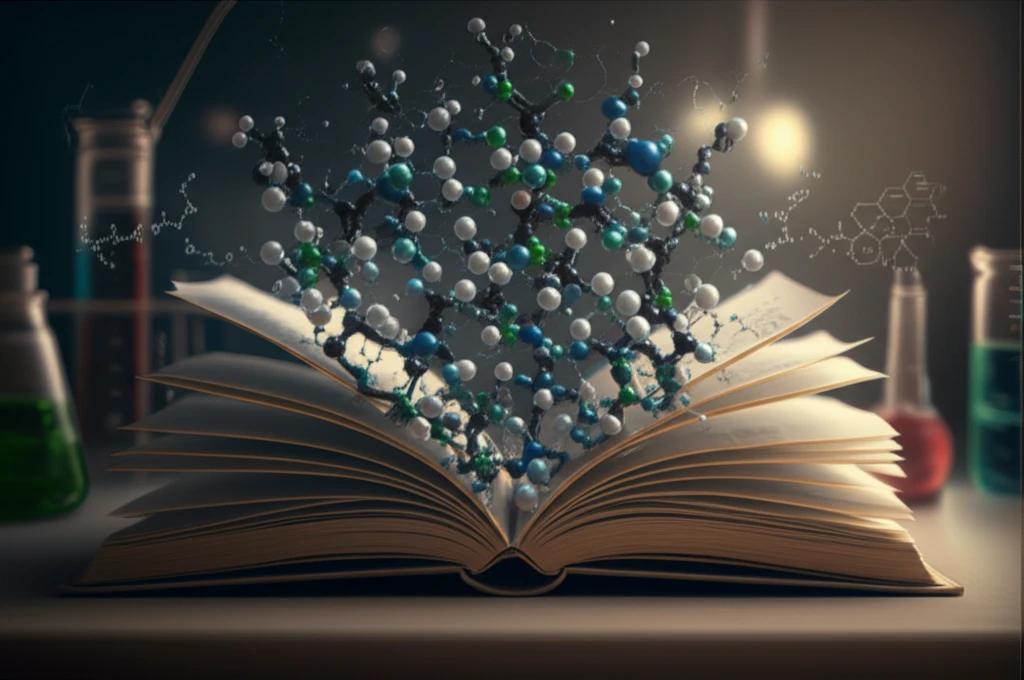
Decoding Chemical Research: A Simple Guide to ACS Publications
"Navigating the World of Scientific Journals: What Researchers and Readers Need to Know"
In the ever-evolving world of scientific research, staying informed about the latest discoveries and breakthroughs is crucial. For those in the field of chemistry, publications from the American Chemical Society (ACS) stand as a vital resource. However, navigating these journals – understanding submission guidelines, copyright policies, and access options – can be daunting. This article breaks down key aspects of ACS publications to make them more accessible to researchers and interested readers.
Whether you're a seasoned scientist looking to publish your work, a student delving into chemical literature, or simply someone curious about the latest advancements, understanding the ins and outs of ACS journals can empower you to engage with cutting-edge research more effectively.
We'll explore where to find author instructions, how copyright permissions work, options for accessing articles, and other essential information to help you navigate the world of ACS chemical research.
Submitting Your Work and Understanding the Fine Print

For researchers, the journey begins with submitting your manuscript. The ACS provides detailed instructions for authors, ensuring that all submissions meet the journal's standards. You can find these guidelines on the ACS website, specifically at the "paragonplus.acs.org/login" portal.
- Manuscript Submission: All submissions must be done via the Journal Web site (http://pubs.acs.org/journal/achre4).
- Accepted Papers and Proofs: Direct correspondence to Global Production Operations.
Accessing ACS Publications and Staying Informed
ACS offers various avenues for accessing its publications, catering to both members and institutions. Members can purchase web subscriptions, while institutional subscribers have options for both web and print access. Details on subscriptions and ordering information can be found on the ACS website or by contacting Sales Analysis & Support.
For those encountering issues with their subscription, such as missing issues, the ACS provides clear channels for addressing these concerns. Claims for missing issues are typically honored if submitted within 90 days of the issue date for North American subscribers and 180 days for subscribers elsewhere. Contact Customer Billing & Account Support to resolve these issues.
Finally, remember that the ACS website is a treasure trove of information. From author guidelines to copyright policies and access options, it’s your go-to resource for navigating the world of ACS chemical research. By understanding these key aspects, you can engage with scientific literature more efficiently and contribute to the advancement of knowledge in the field.
